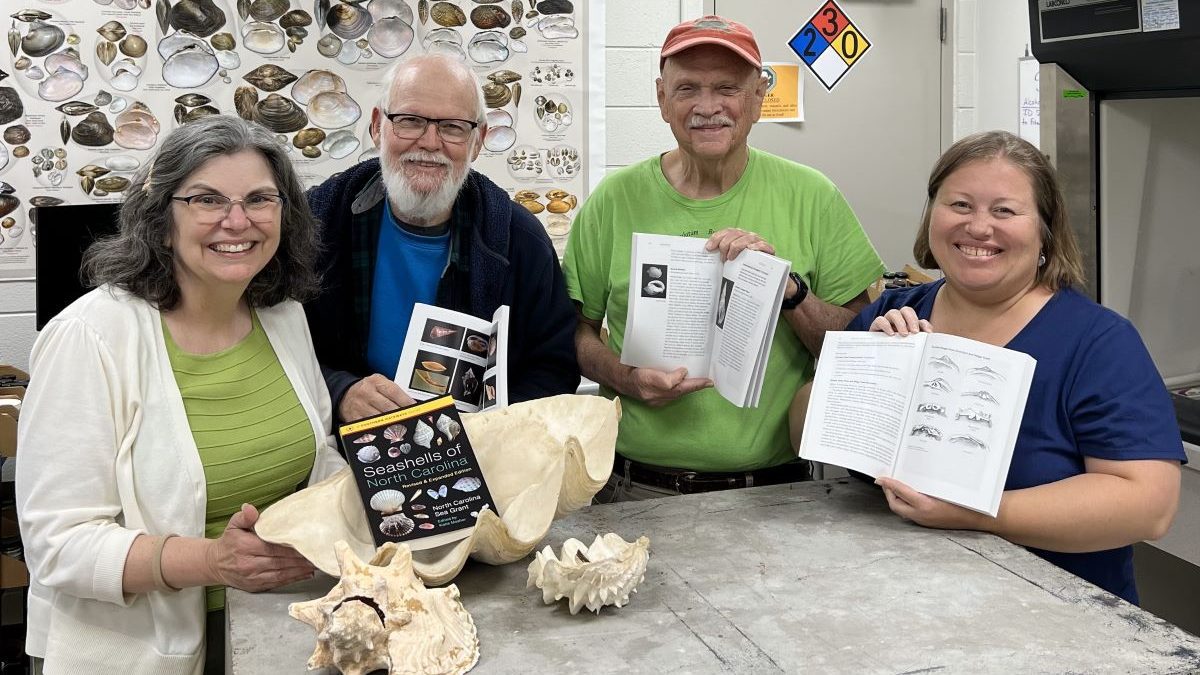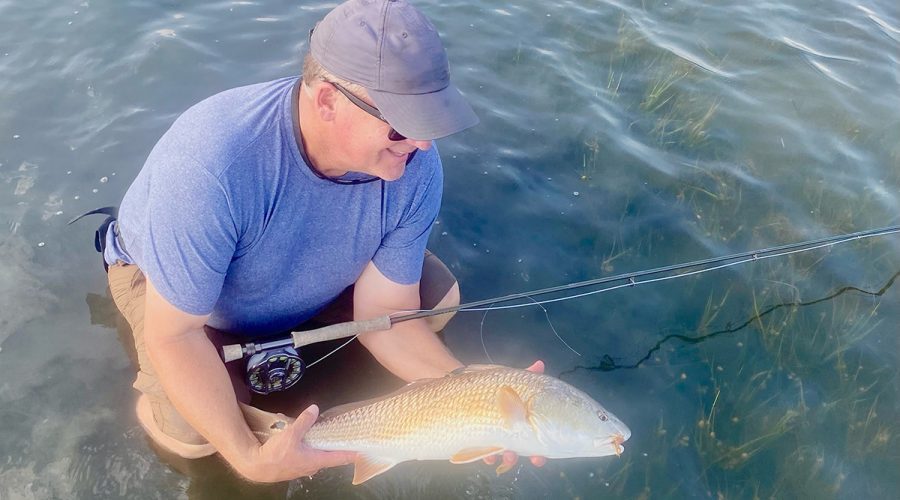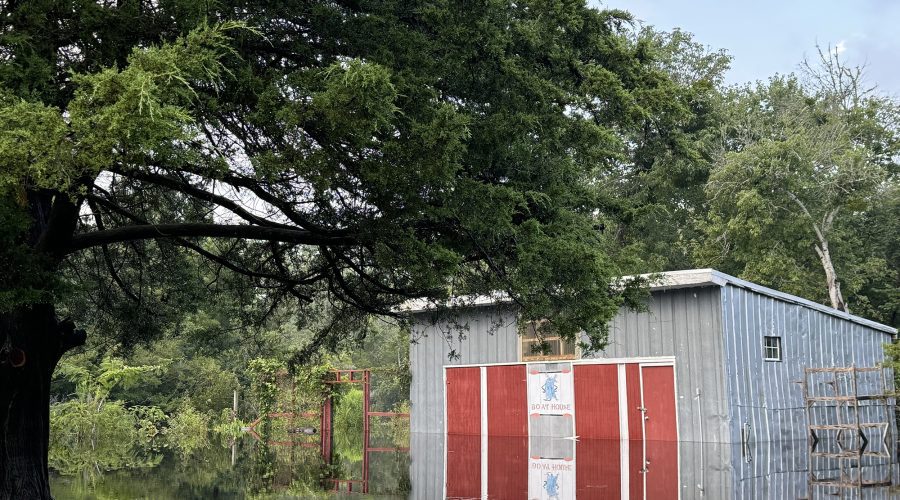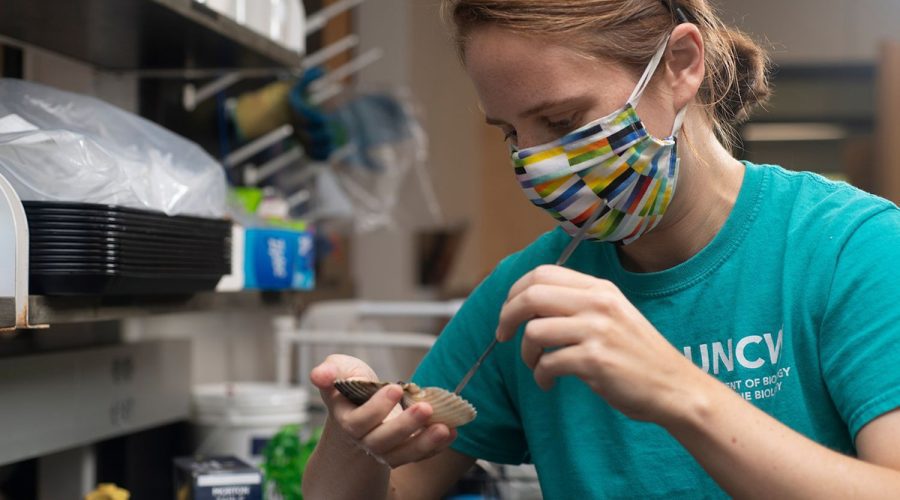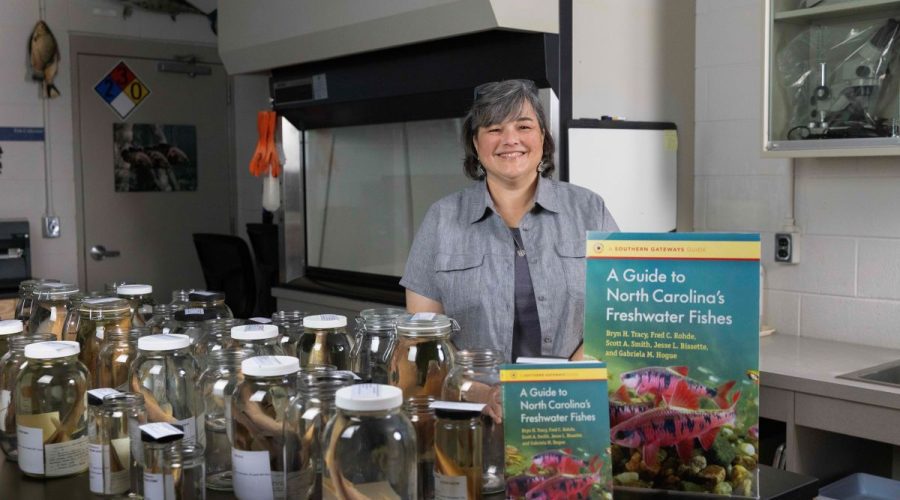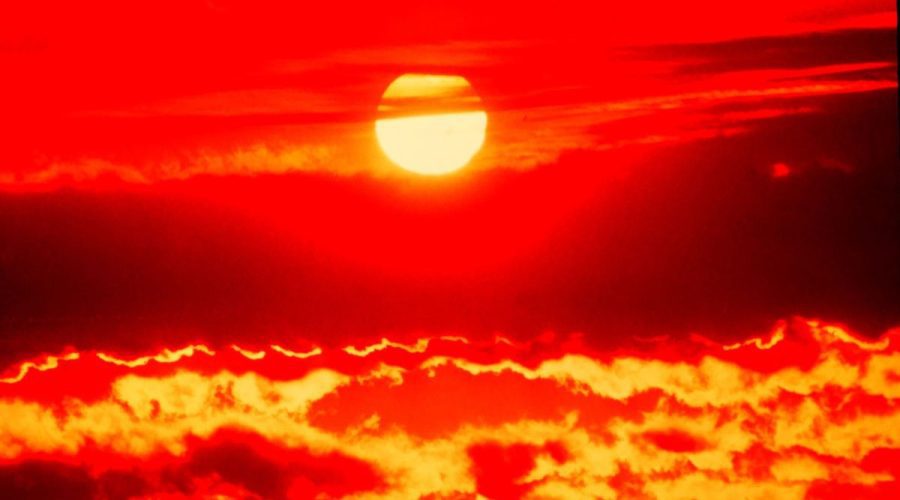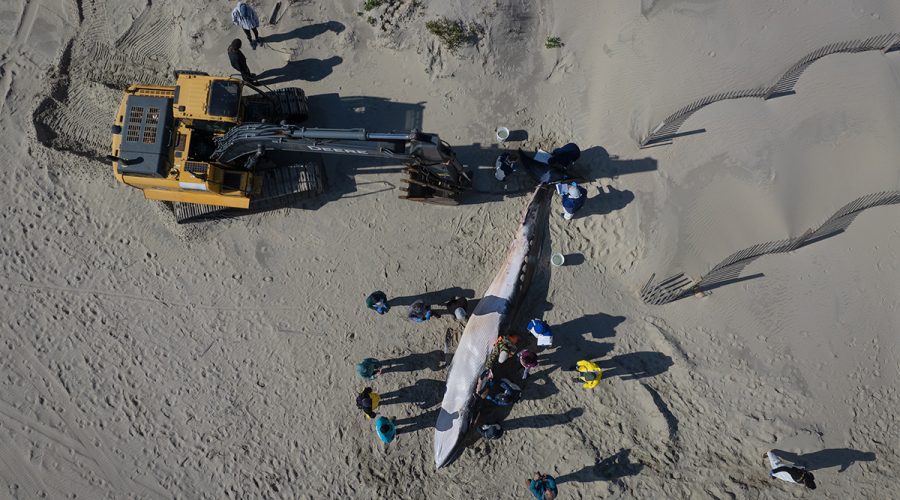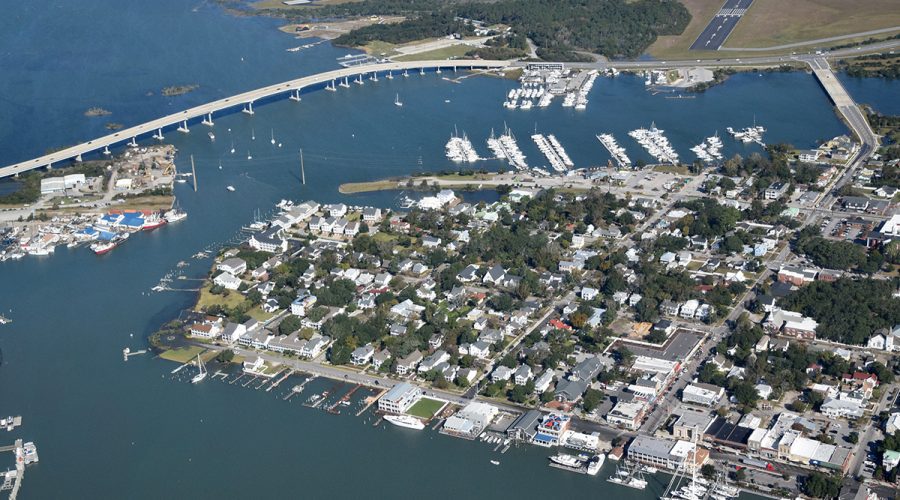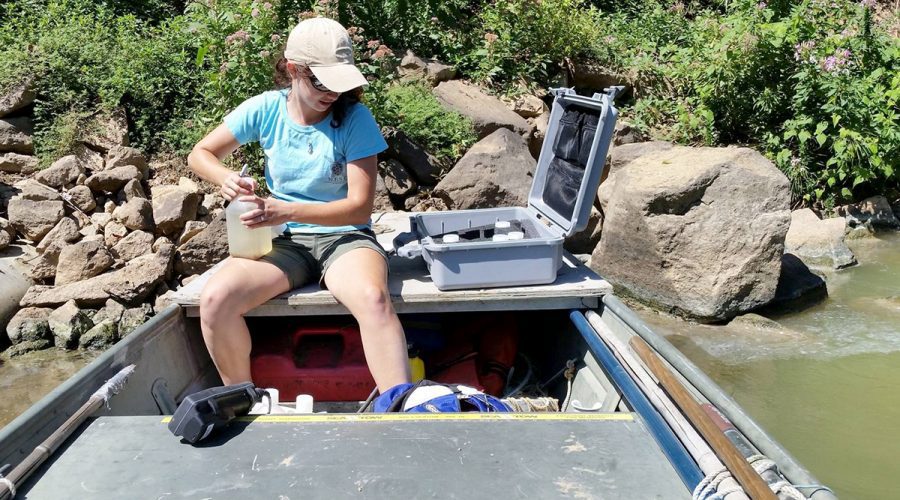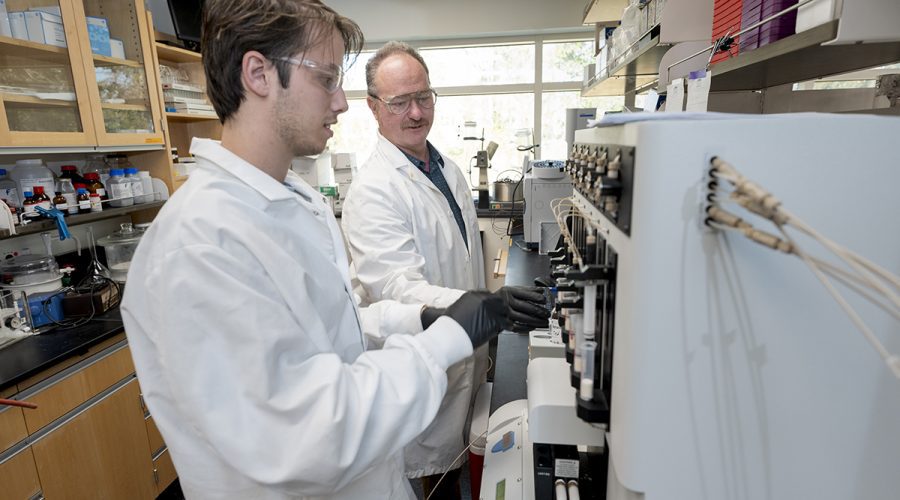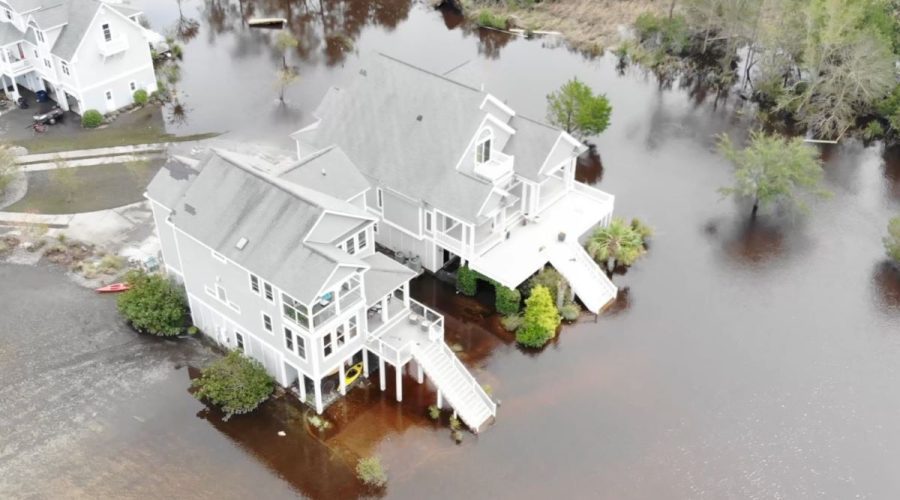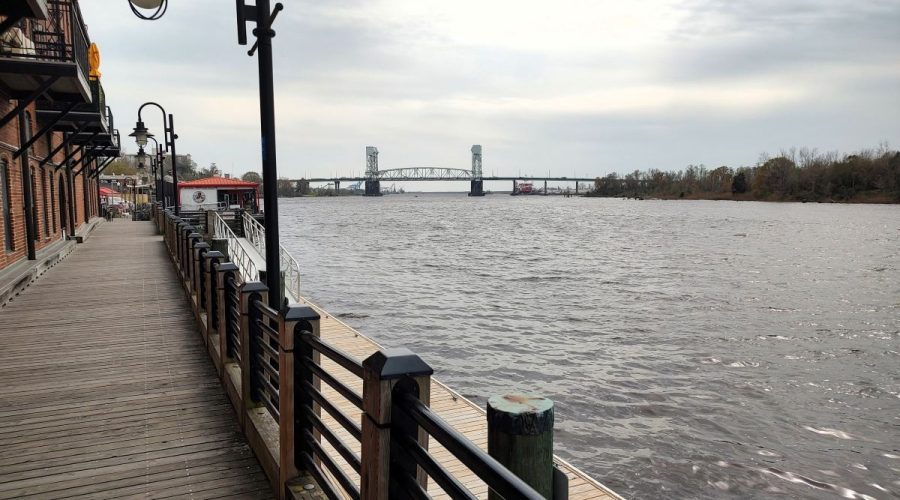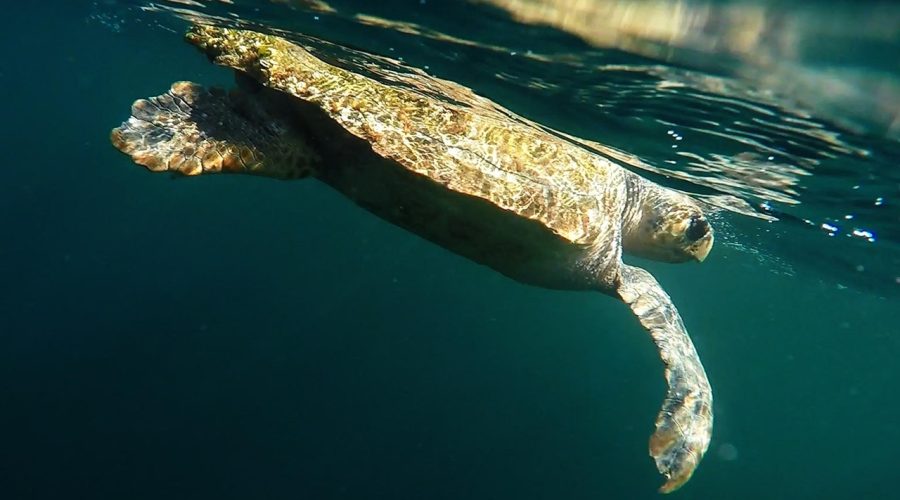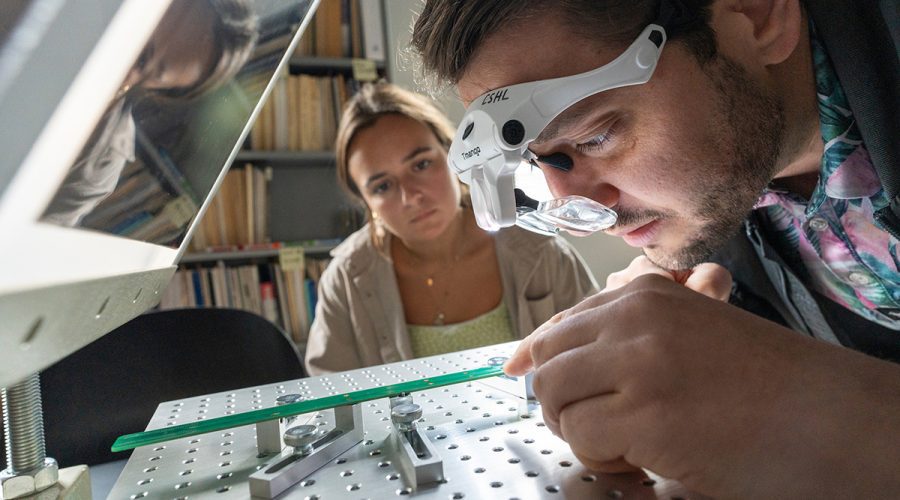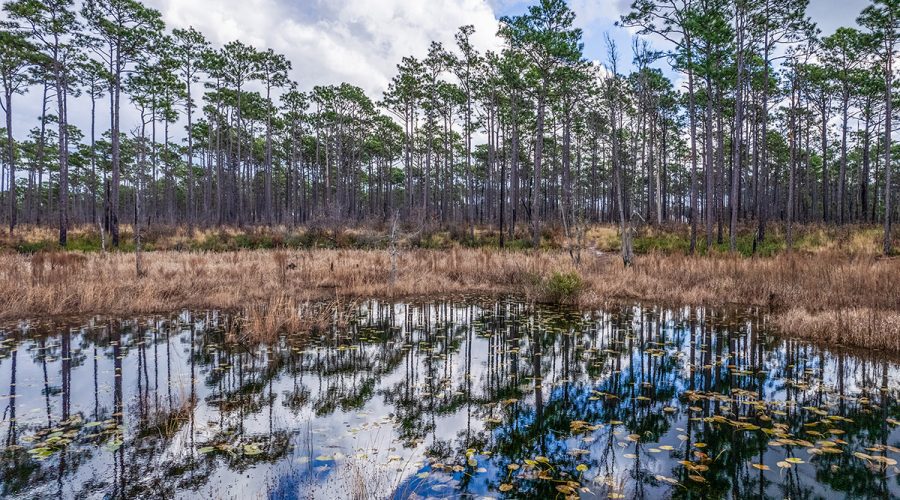Seashell enthusiasts teamed up to revise and expand the decades-old “Seashells of North Carolina” written in 1997 by Hugh Porter, who had a 55-year career at UNC Institute of Marine Sciences, and Lynn Houser.
Science
Division, nonprofit team to tag red drum, track by satellite
Popular among anglers, little is known about the reproduction and migration of the state’s official saltwater fish, which the N.C. Division of Marine Fisheries and N.C. Marine & Estuary Foundation’s new pilot tagging study seeks to remedy.
Transition to La Niña may offer East Coast flooding relief
After a period of record flooding along the North Carolina coast, a recurring cooling trend in the Pacific is set to bring some relief here, according to a new National Oceanic and Atmospheric Administration outlook.
UNCW team IDs mystery species infecting bay scallops
Using DNA sequencing, University of North Carolina Wilmington researchers have identified a species of trematode, a parasitic and suspected invasive species here that has further set back the state’s already struggling bay scallop stocks but is no threat to humans.
New guide helps tackle ID’ing state’s freshwater fishes
Check out the recently published “A Guide to North Carolina’s Freshwater Fishes” to find out which of the 40 families of freshwater fish are on the coast and where.
Tree rings show summer 2023 was hottest in 2 millennia
After last year’s record-breaking temperatures, forecasts for this summer indicate another scorcher ahead, just as researchers find more troubling climate data and elected officials point to relief efforts.
Recent whale deaths unfortunate, not alarming: Scientists
Researchers say the stranded whales that washed ashore in quick succession earlier this year “may just be an unfortunate statistical anomaly” and were unrelated to offshore wind development.
Street inundation linked to elevated bacteria in creek: Study
N.C. State researchers found elevated levels of fecal bacteria in water samples collected from a tidal creek in Beaufort and town streets following rainfall.
Proposed rules address possible Microcystis bloom sources
The Environmental Protection Agency is proposing revisions to nutrient discharge standards for meat and poultry processors’ wastewater, a potential source of mysterious blooms in the Cape Fear River a decade ago.
NC scientists receive tools for tracking new compounds
Researchers at North Carolina universities that are part of the PFAS Testing Network are now equipped to trace unregistered chemical pollutants back to the source of emission.
Researchers work to improve compound flooding forecast
University of North Carolina Chapel Hill researchers have been developing a forecast model that will help predict in real time whether worst-case scenario conditions might occur in communities with multiple flood risks.
Sinking land could exacerbate coastal flooding: Study
As sea levels rise and flooding increases, land subsidence will make the problem even worse in some coastal cities, new research finds.
DNA project links individual female loggerheads, nests
University of Georgia research scientist Brian Shamblin leads a study that uses genetic tagging of female loggerheads from southern Georgia to the North Carolina-Virginia state line.
UNCW researchers to study how waves, storms move sand
The team of researchers received a nearly $1 million grant to study over the next two years sand movement under different conditions to better understand storm surge.
Ecologist revamps NC’s natural communities guidebook
Michael Schafale with the North Carolina Natural Heritage Program provides detailed descriptions of the state’s 343 natural communities, including those on the coast.
Student study shines light on Outer Banks sea turtle nesting
Outer Banks Field Site undergrads who conducted a four-month study of how artificial light at night affects sea turtle nesting have presented their findings, which indicate conservation efforts may be working.

